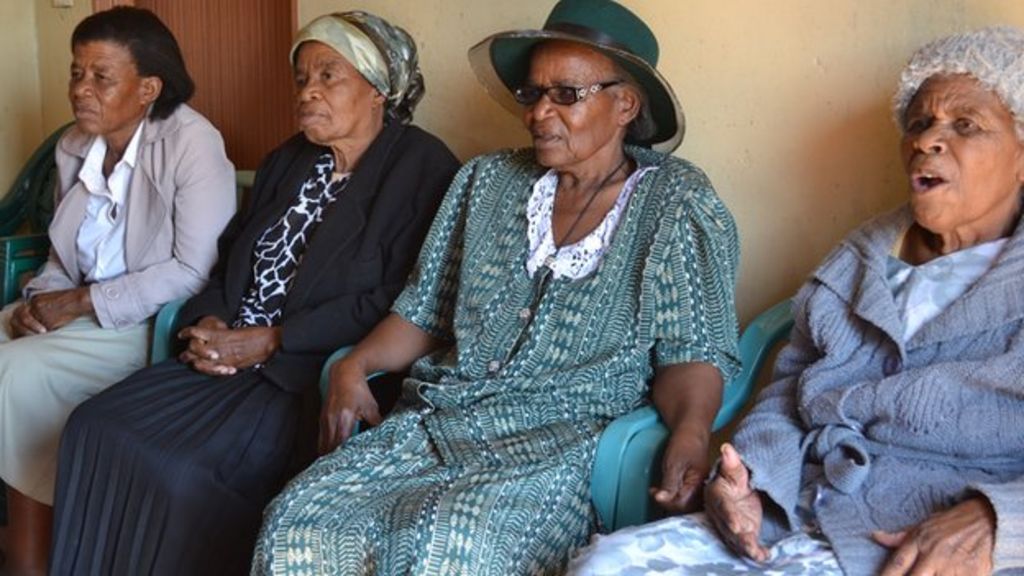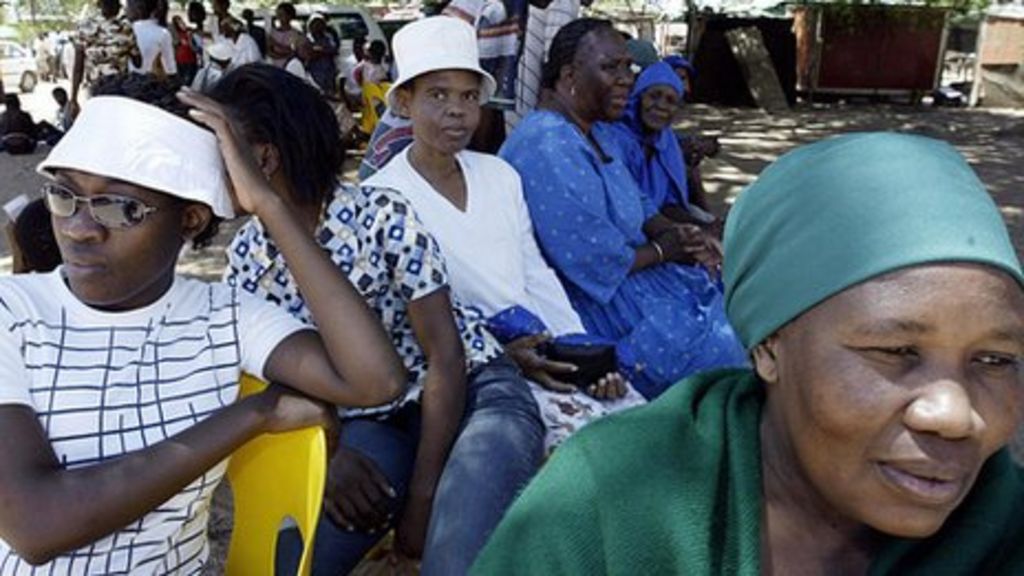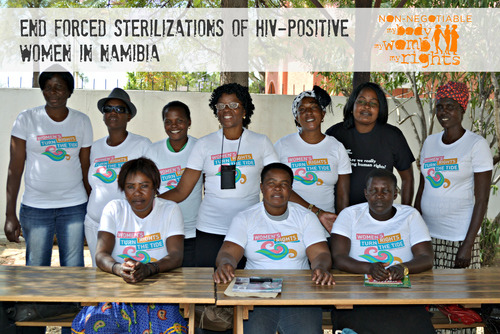
Pushed by women’s organizations, by women organizing, courts and legislatures around the world are forcing the end to coerced sterilization of women. A little over a month ago, the California legislature finally outlawed the forced sterilization of women prisoners. This month, Namibia’s Supreme Court upheld a 2012 High Court ruling that health workers sterilized HIV-positive women without their consent. As Michel Sidibé, UNAIDS Executive Director, noted, “This is a great victory for all women in Namibia and the world. This decision reinforces the right to sexual and reproductive health for all women, irrespective of their HIV status.”
This latest chapter began, formally, in 2009, when three Namibian women sued the State. They claimed they had been forcibly sterilized and that they had been sterilized because they were HIV positive, and so were victims of discrimination. Three separate women, ranging in age from 20s to 40s, at the height of labor, were presented with the sterilization `option’. In one case, the woman had been in labor for over four days and was in severe pain. She was led to believe that her caesarean could only take place if she signed the form. In such circumstances, what is the gender of informed consent?
In 2012, Judge Elton Hoff took two hours to read the decision. He argued there was clearly no informed consent. He noted that the women were Oshiwambo-speaking and that none of the health staff spoke Oshiwambo. He further noted that the forms the women signed were filled with acronyms no one, other than a specialist, could be expected to understand. In all three cases, the women only discovered the meaning of “BTL”, bilateral tubal ligation, long after they had undergone the surgery. Judge Hoff concluded, “There could not have been counselling in those circumstances.” When, after two hours, Judge Hoff looked up from his papers, he faced a courtroom packed with women in black t-shirts that read, “Non negotiable: my body, my womb, my rights”.
The three women are members of the Namibian Women’s Health Network. During a routine inspection of post-treatment papers, Network members started noticing BTL on members’ treatment cards. No one knew what BTL was, and absolutely no woman knew that this had happened to her. The women then hooked up with the Southern Africa Litigation Centre, and in particular with Priti Patel, then deputy director and HIV program manager, who managed the case.
According to Jennifer Gatsi-Mallet, Director of the Namibian Women’s Health Network, “The three women at the heart of this case are just the tip of the iceberg. We have documented dozens of similar cases of women living with HIV being sterilised without their informed consent. This judgment presents the strongest possibility that the Government of Namibia will be held to account for subjecting HIV-positive women to coerced sterilisation,” said Mallet.
Priti Patel added, “Monday’s decision will have far-reaching consequences not only for the three women at the heart of this case, but for the dozens of other HIV-positive women who have been subjected to coerced sterilisation in Namibia and throughout southern Africa.”
This victory in the Namibian Supreme Court extends beyond hospitals and prison and before human rights to women everywhere organizing to sustain their dignity as women, and in so doing, pushing the State to do more than pay lip service to women’s rights and equality. This is a victory for women’s autonomy and power, everywhere. The State, and not just Namibia, did more than fail to stop forced sterilization. The State engaged for decades, and centuries, in medical pogroms against women. It’s way past time for the State to be held to account for violence committed against women across the African continent and around the world.
(Photo Credit: Namibian Women’s Health Network)


